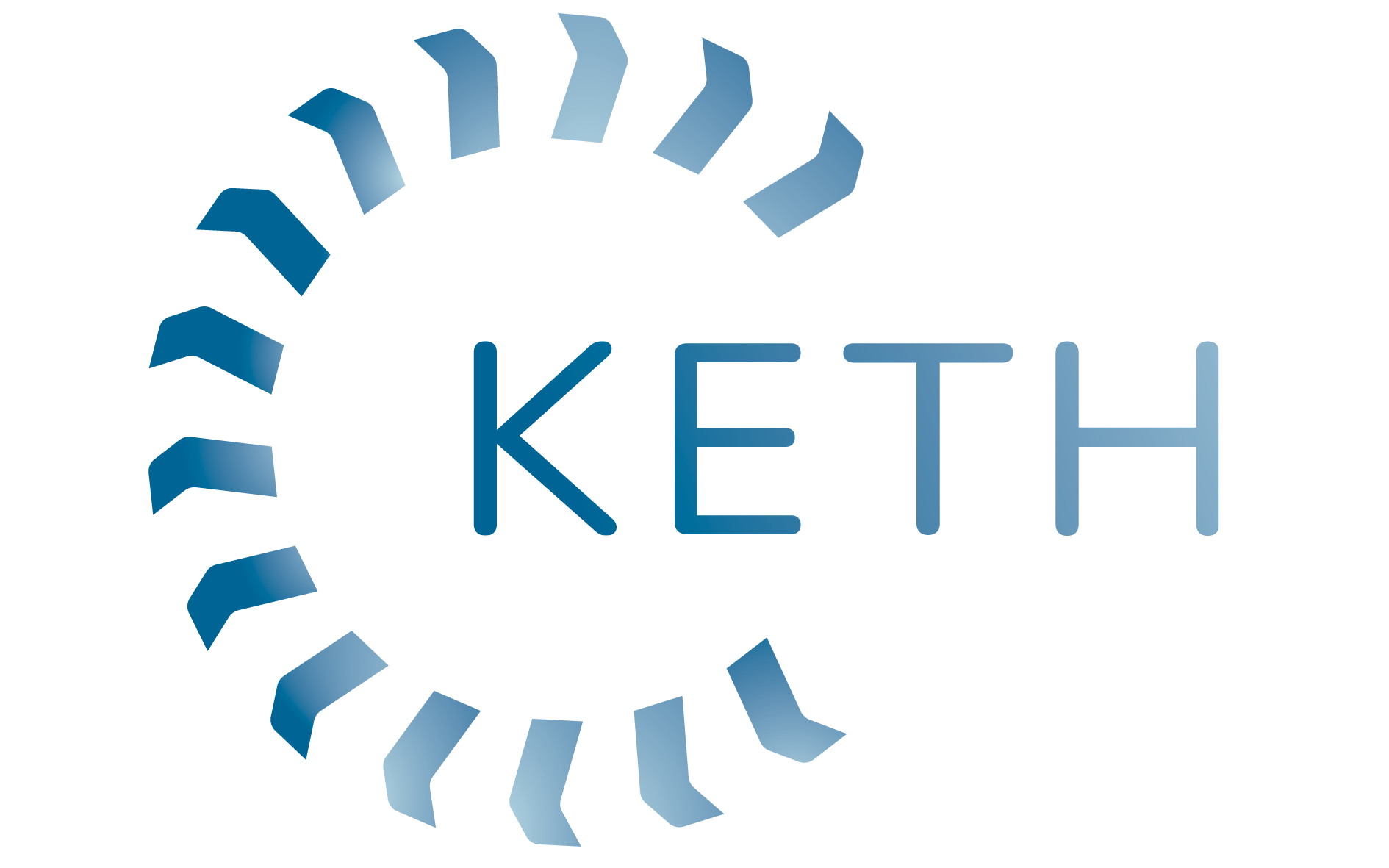Research
LNG
Liquefied natural gas (LNG) is natural gas that has been liquefied and supercooled, decreasing in volume by a factor of 600 to enable it to be transported around the world.
LNG already plays an integral role in the world’s energy mix and will remain fundamental to delivering sufficient supply to meet the growing demand for energy.
The case for using natural gas is strong. Replacing coal with natural gas for power generation reduces greenhouse gas emissions by up to 60%. Natural gas can also support higher penetration of renewables by maintaining reliability, resilience and stability of the grid.
The long-term outlook for LNG is brighter than that of other fossil fuels because of its comparatively lower-cost and lower emissions.
But to truly establish LNG as a viable fuel in the energy transition the LNG industry must increase its focus on efficiencies to lower-costs and be more affordable, develop new technologies to credibly demonstrate it is decarbonising and improve its digital and advanced analytics – all areas the KETH can help support.
Hydrogen
Hydrogen is a versatile low-carbon gas and can play a vital role delivering a reliable, resilient and sustainable clean energy future.
Hydrogen offers a low and potentially zero-carbon solution to sectors that are technically difficult to decarbonise, such as heavy industries including steel and cement; and transport sectors such as heavy duty trucking, shipping and aviation.
Because of its versatility, most credible low carbon scenarios include significant deployment of hydrogen.
But cost effectively and safely producing it at scale is the challenge.
Once operational, the KETH will play a world-leading role demonstrating the viability of hydrogen and how it can be strategically integrated it into our energy system.

